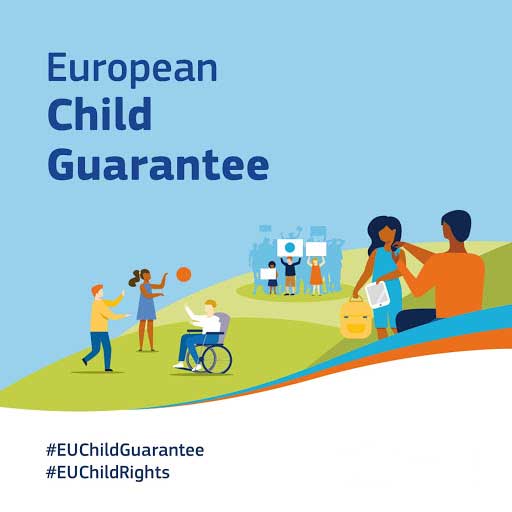Background
In October 2024, COFACE co-hosted a European expert meeting in Berlin on the role of local prevention systems for implementing the European Child Guarantee (click here to see programme and presentations).
This expert meeting aimed to:
- Connect the European Child Guarantee recommendation to the local level, looking more closely at the impact of services on children and their families.
- Explore different local service models across countries with a view to better understand what works and what does not.
- Utilise the integrated family policy framework created by the European Observatory on Family Policy to facilitate discussions on potential approaches for the sector, in addition to developing an agenda for the years 2025 and beyond.
Key findings
The main findings of the meeting can be summarised as follows:
- Need for increased efforts to reduce the risk of poverty among children and young people. The trend in the amount of children and young people at risk of poverty in the EU is not on track to meet the 2030 targets. In addition, the poverty gap between households with and without children is increasing. Efforts to combat child poverty must be increased.
- European Child Guarantee is viewed favourably. According to many participants, the European Child Guarantee (CG) has triggered additional investments at European and national level to prevent poverty and promote inclusion, created platforms for coordination and / or at least increased the priority and visibilty for combating child poverty.
- From “relabelling” existing measures to providing additional funds. In their national action plans, some countries have essentially listed or relabelled existing activities. Although the participants believe that additional actions and funding should be triggered, some existing approaches and the coordination of existing measures have been strengthened by the Child Guarantee.
- Child guarantee as an opportunity for preventive approaches. At the national level, the Child Guarantee has in part led to an improvement in funding opportunities for preventative approaches. This shift from “reactive” to “preventive” poverty policies should be further strengthened. This requires coherent strategies that include national, regional and local levels.
- Interdepartmental approaches and the involvement of the finance ministries appear to be helpful. Interdepartmental approaches to combating poverty and promoting inclusion have been among the central demands on national implementation processes since the beginning of the discussion on the Child Guarantee. Those member states that have succeeded in establishing binding cross-departmental coordination structures appear to be particularly successful. Especially when the Ministry of Finance plays a constructive role.
- Mixing universal and target group-oriented measures. Successful anti-poverty and inclusion policies have a mix of universal, preventative and target group-oriented activities. Both strategies must be combined and coordinated.
- Involvement of stakeholders in the planning and implementation of specific measures. The participants see the community based orientation of support structures and measures as an important prerequisite for needs-based local preventative policies. In addition to aggregated data, this should be based on families and children being able to contribute their lived experience to planning and implementation.
See the full meeting report here.





